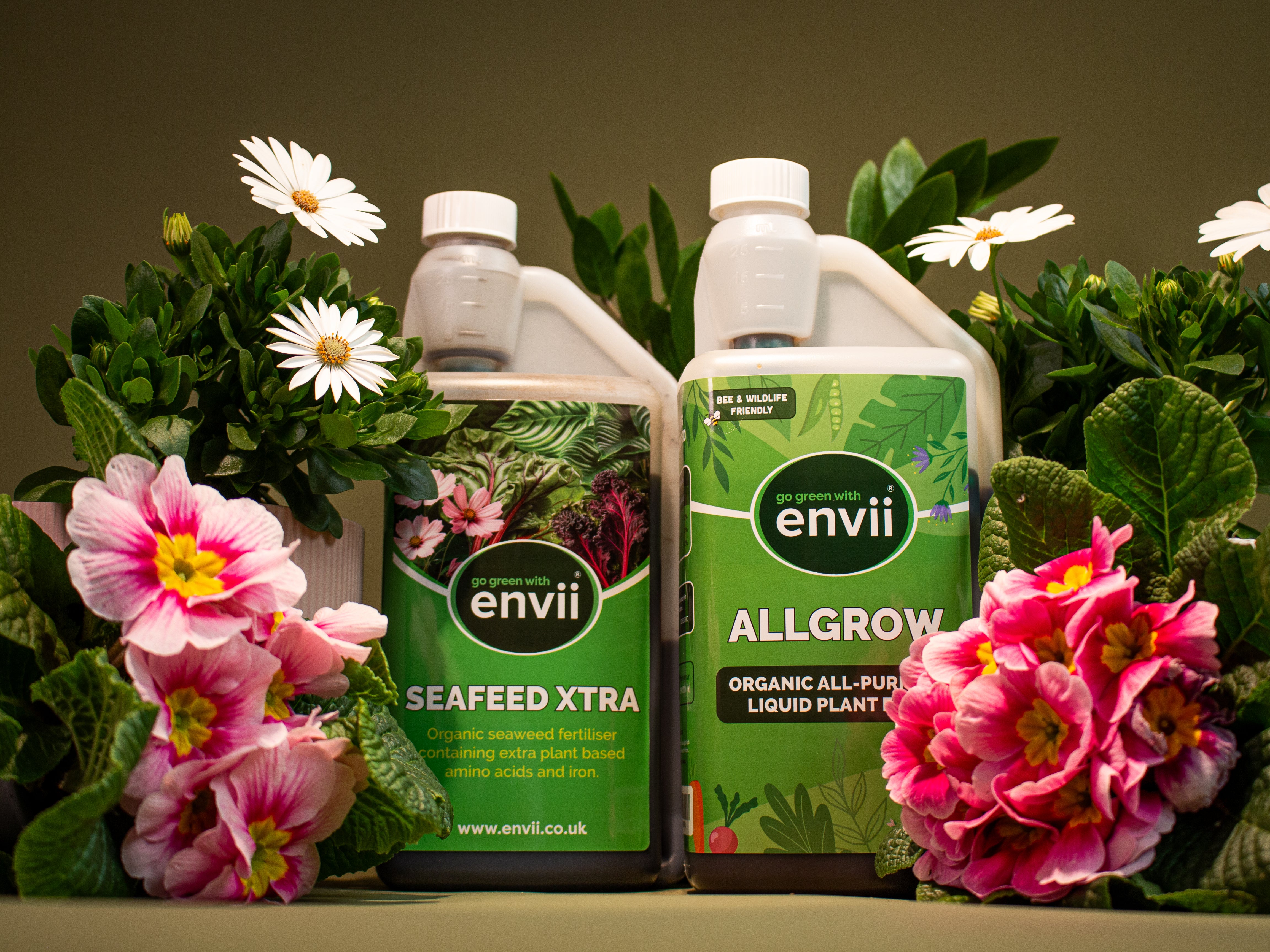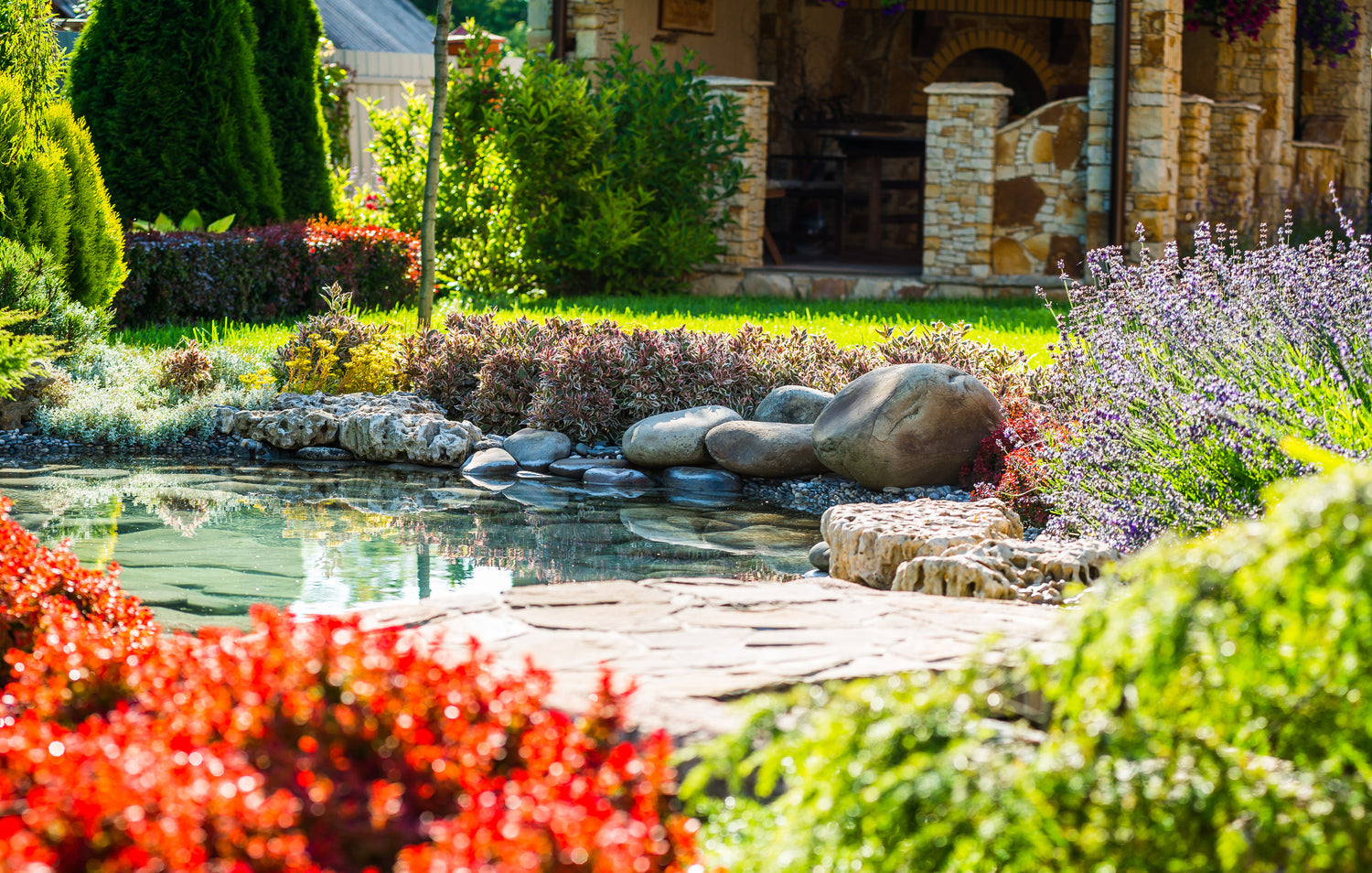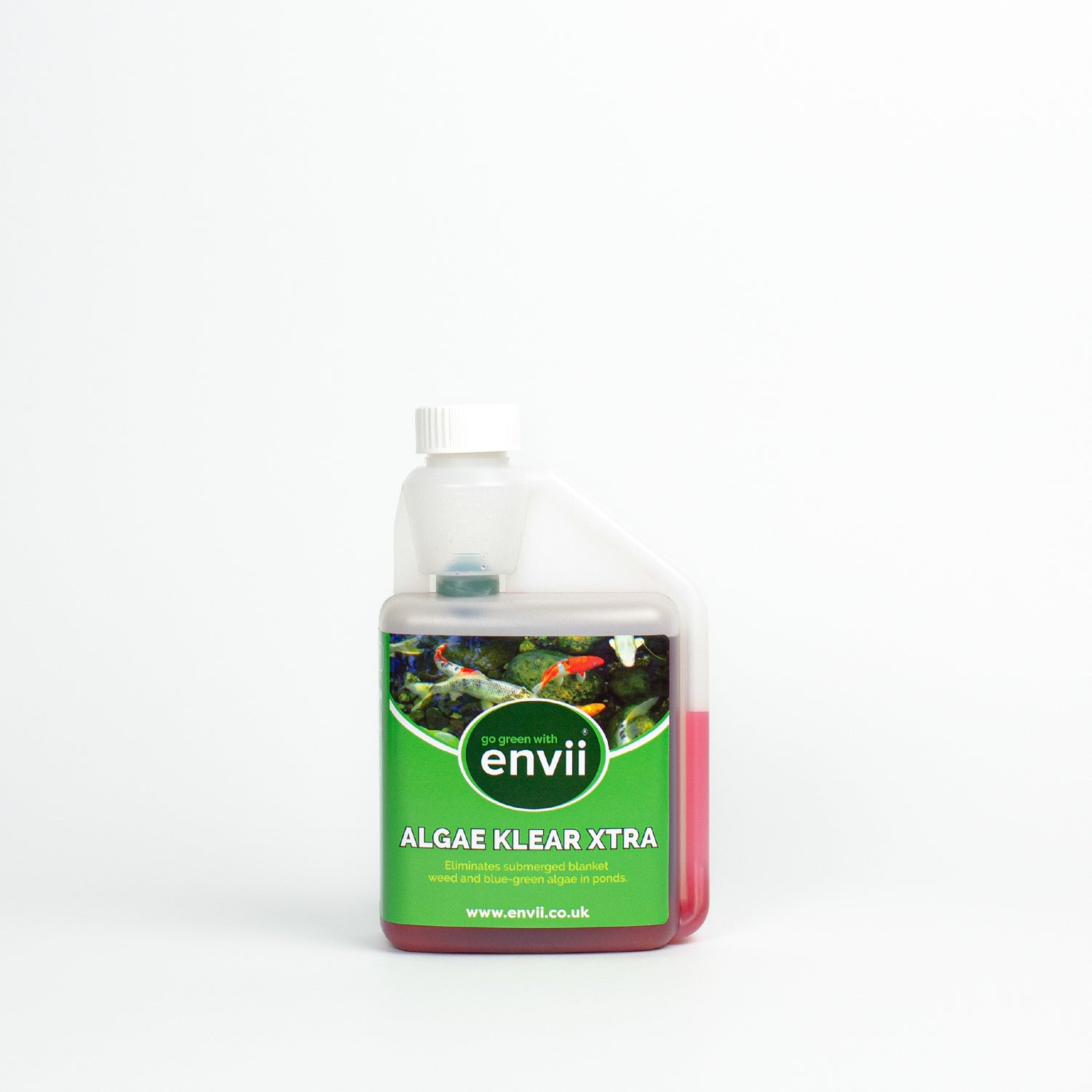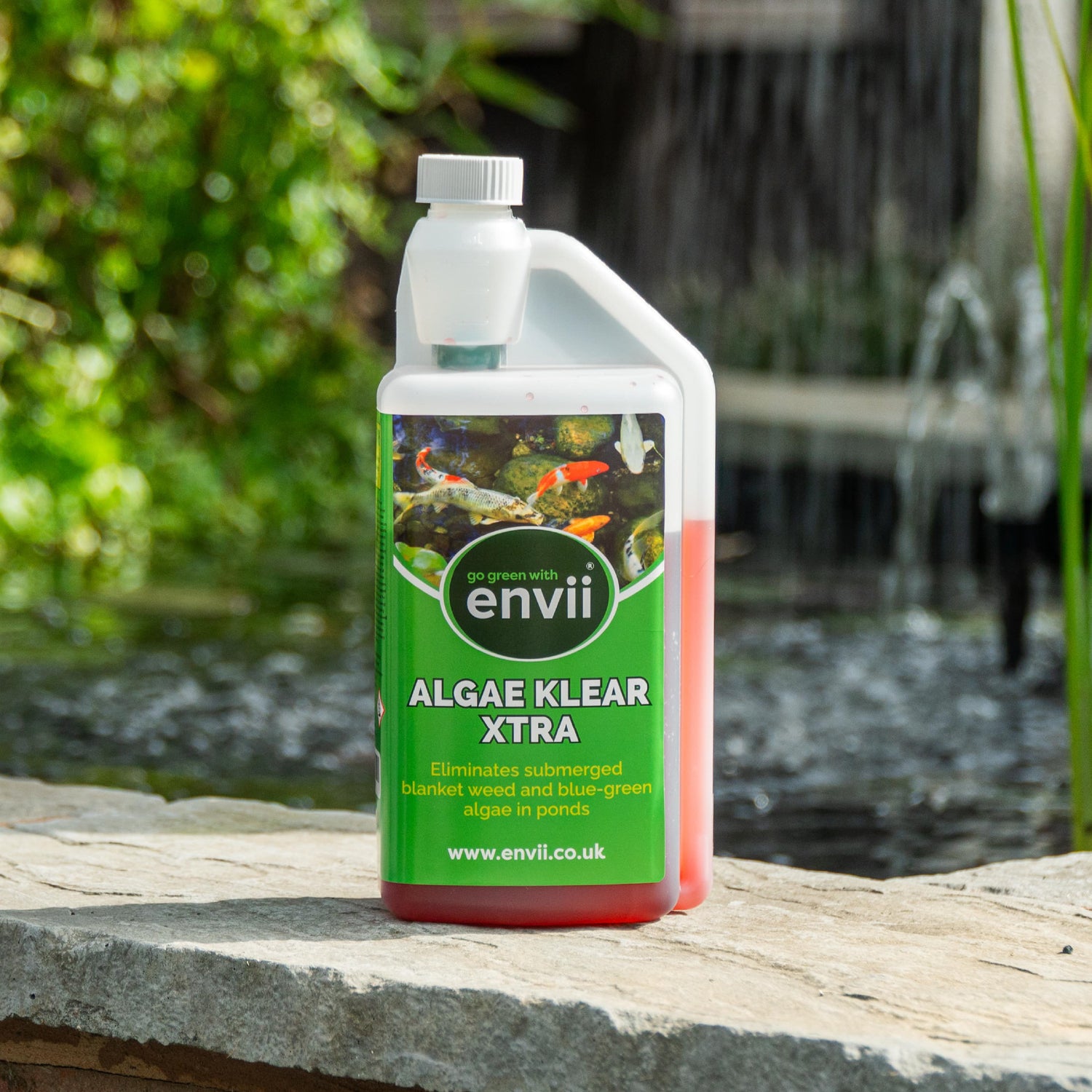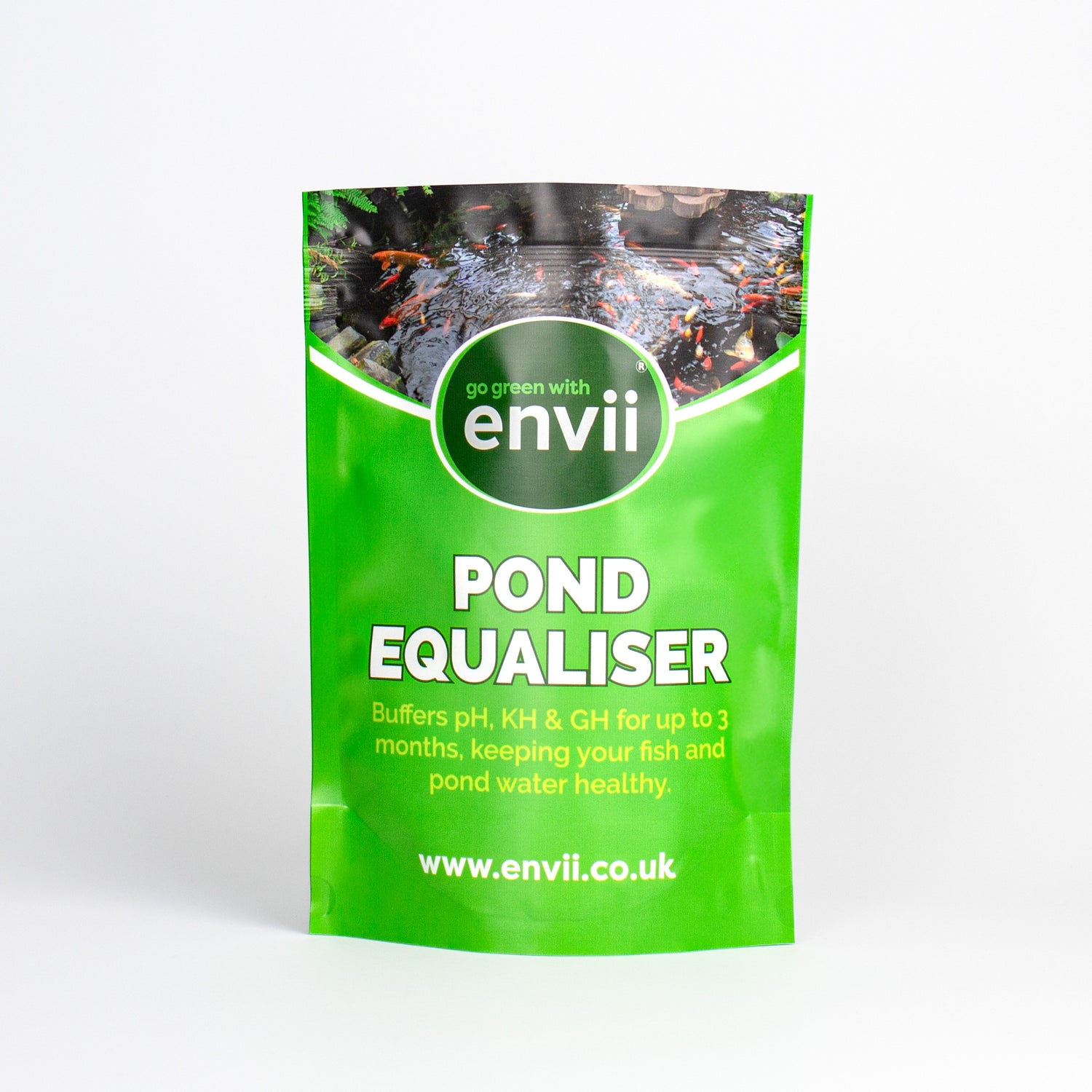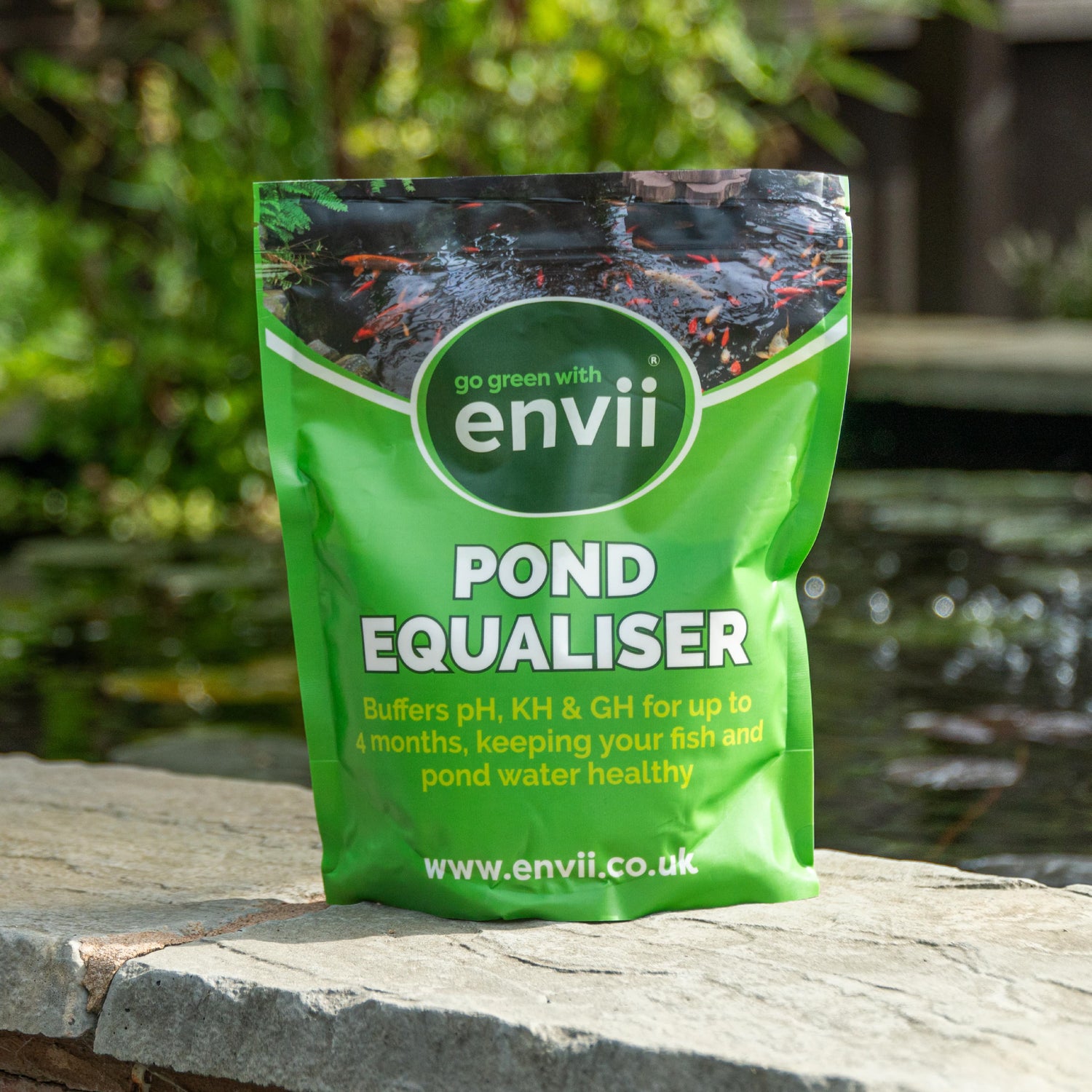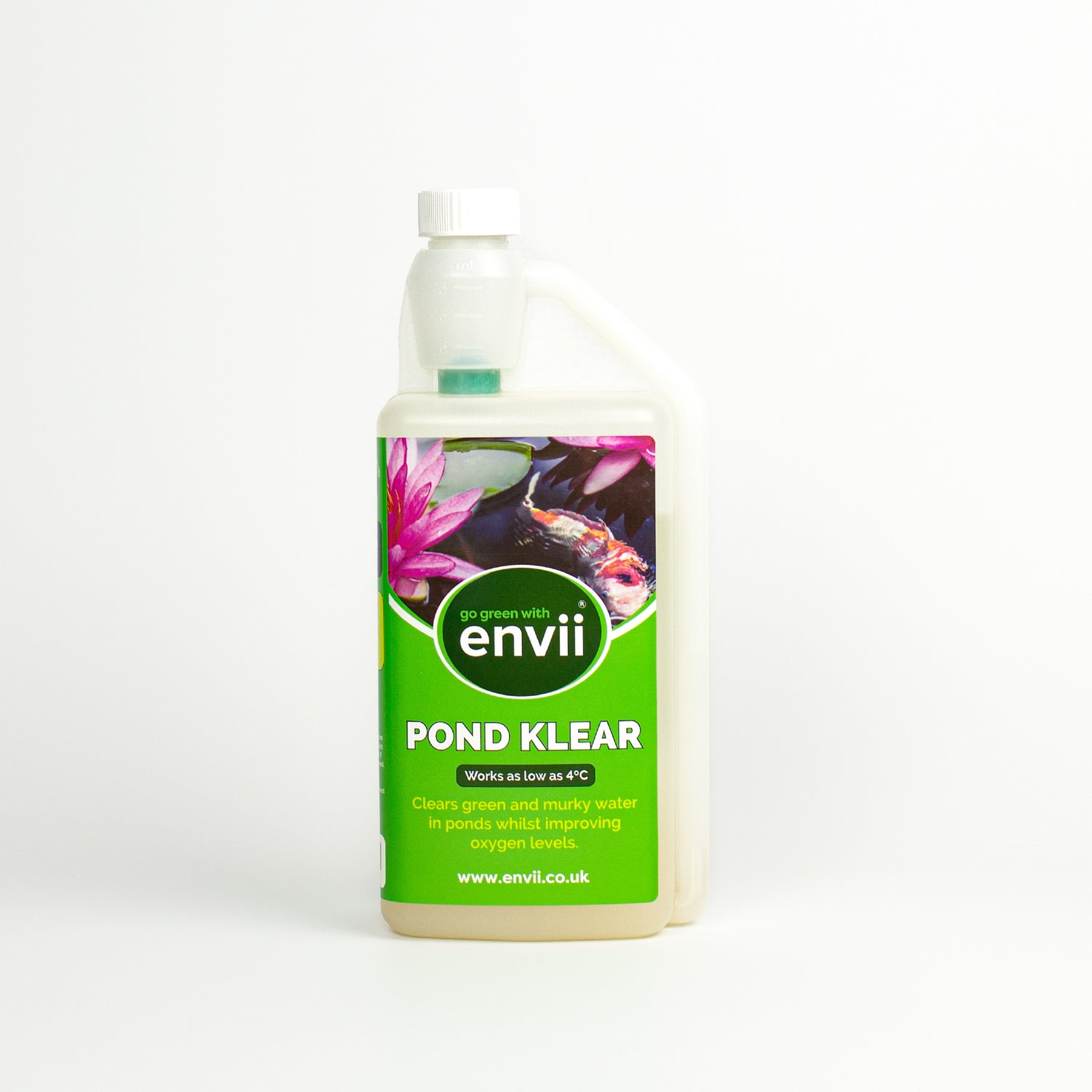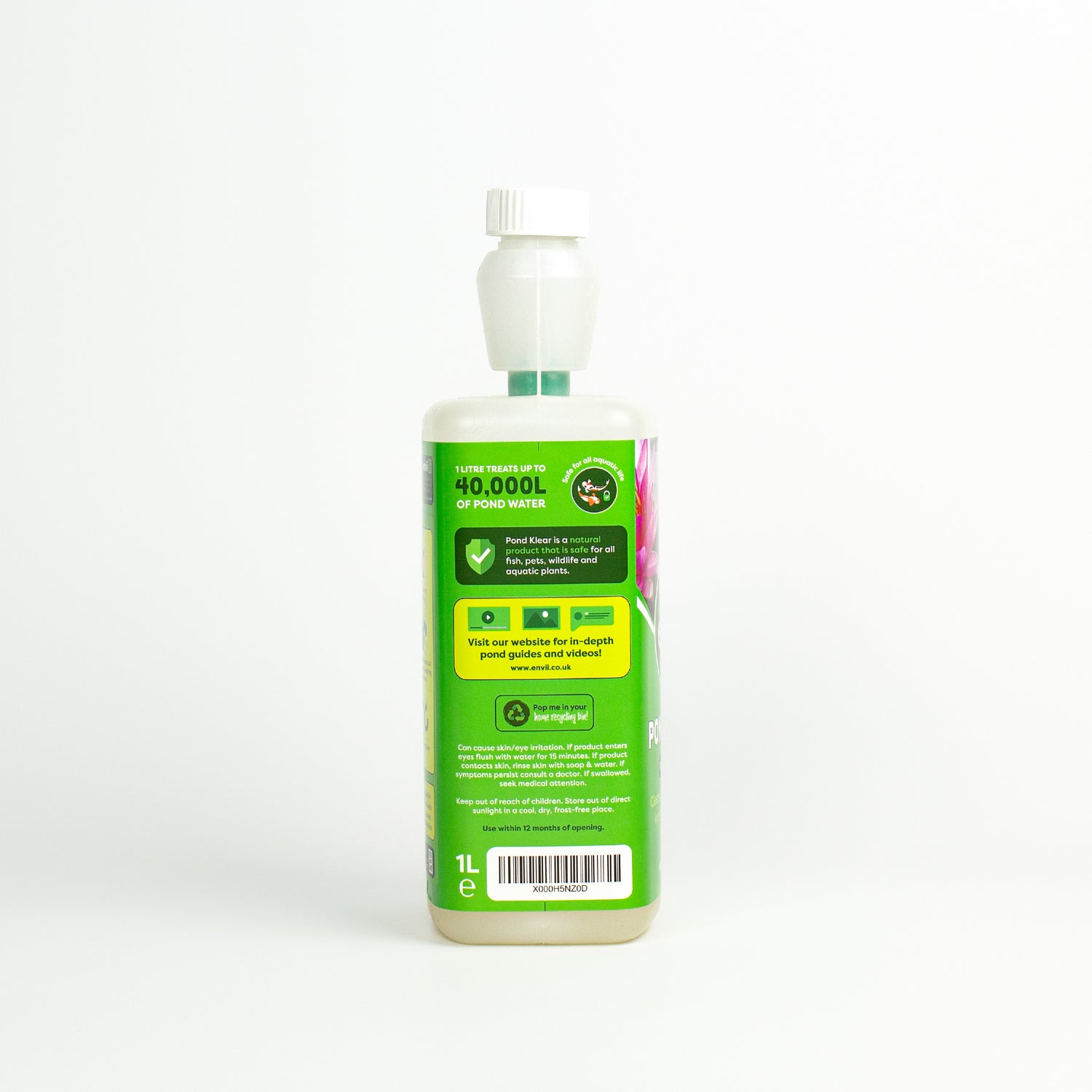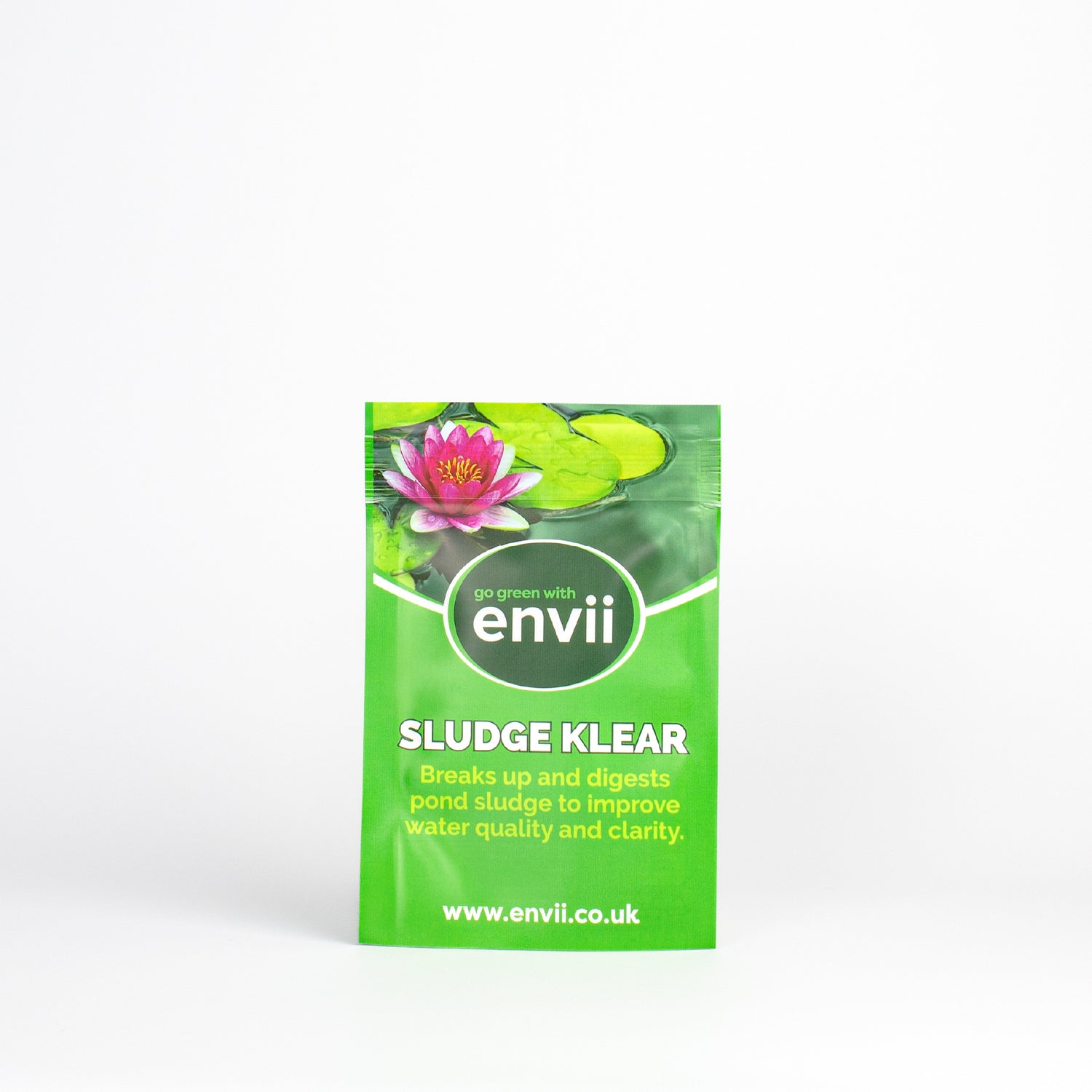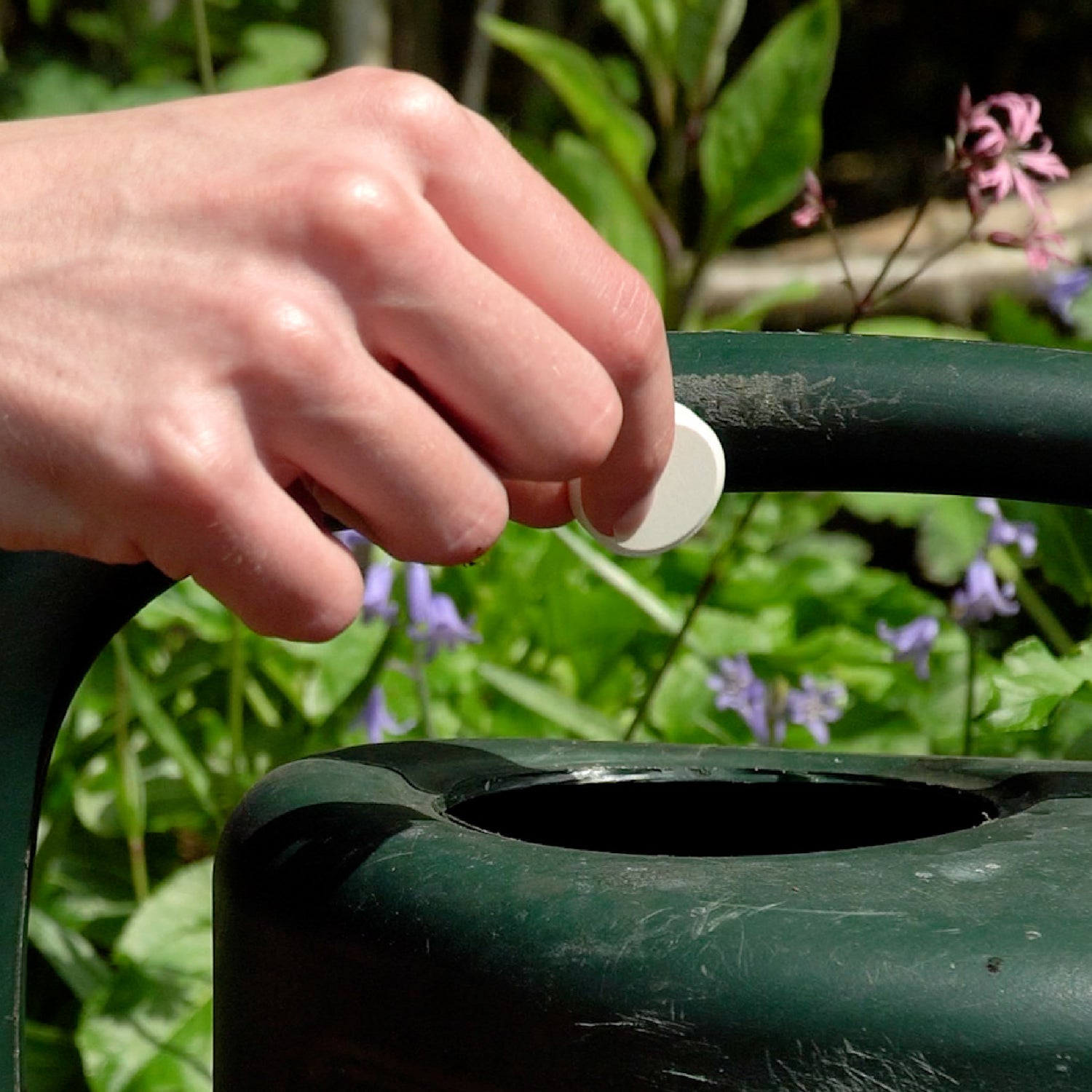Pond sludge is a very common problem in ponds, especially during Autumn and Winter. In many ponds, sludge should not pose any significant problems and a thin build-up is to be expected. However, if it is left over a longer period of time to build up, it can begin to form a crust over the top and become anaerobic. Underneath this crust, toxic levels of hydrogen sulphide can begin to accumulate. If this crust is broken, by a falling twig or passing fish, hydrogen sulphide leaches out into the pond water creating a dangerous and smelly environment. If you ever smell rotten eggs in your pond, this is why. So how do you prevent pond sludge?
To prevent pond sludge from building up in your pond during Autumn, follow these 7 tips:
1. Number of fish
An overstocked pond is one of the most common causes of sludge. Fish produce a large amount of organic waste (faeces) that sinks to the bottom of the pond and begins to decay. Not only does this waste add to the layer of sludge, but it will also begin to leach nutrients out into the water that can contribute to green water and algae in spring. Try to ensure you keep a healthy number of fish, relative to the size of your pond. We typically recommend between 4 and 5 fish no bigger than 5” per 1,000 litres of water.
2. Feeding fish
As well as an overstocked pond; when and what you feed your fish can contribute to the sludge levels in your pond. Fish eat less during winter as their bodies require less energy. If you continue to feed your fish the same food and as regularly during autumn and winter, they may not eat it. This can then break down, contributing to sludge levels. When temperatures start to drop below 10°C, consider switching to a wheatgerm fish food. Due to its low protein content, wheatgerm is easier for fish to digest. Discover other ponds do’s and don’t here.
3. Filtration
The easiest way to prevent sludge in ponds is by installing and maintaining a good pump and filtration system. A pump and filtration system will ensure that a large amount of organic waste is removed from the pond mechanically and collected in the filters before it begins breaking down into sludge. To maintain your filter, clean the media on a weekly basis, washing away any debris or sludge using a hosepipe. Add a beneficial bacteria product such as Filter Feed to your filter to biologically break down the organic waste.
4. Aeration
Increasing the level of dissolved oxygen in pond water will improve the ability of beneficial bacteria colonies to break down sludge. As well as helping to prevent sludge, this will also help fish should your sludge levels increase and become more dangerous. The increased oxygen levels in the pond should reduce the negative impact hydrogen sulphide will have if sludge levels become too dangerous. Add an oxygenating stone or fountain to the pond to improve aeration and oxygen levels. Click here to find out more on how to maintain pond oxygen levels.
5. Plant maintenance
As the temperature drops and aquatic plants begin to slow their growth, they can begin dropping foliage into the pond water which can ultimately lead to sludge. Be sure to trim back plants when they begin to die and remove any floating debris from these plants.
6. Leaf and twig collection
Fallen leaves and twigs during autumn can quickly become the biggest contributing factor to sludge in ponds. The dead leaves begin breaking down within a matter of days, quickly adding to the sludge levels. Depending on the species of tree that these leaves have fallen from, they may contain tannins which can leach out into your water, turning it brown. To prevent leaves entering your pond, install a fine net during autumn and winter to catch any debris. If you don’t want a net spoiling the view of your fish, we would recommend collecting debris from the surface once a day with a net.
7. Beneficial bacteria
Finally; if debris, fish food or fish waste do begin to break down in your pond and contribute to sludge levels, it is important to have beneficial bacteria in the pond to break these materials down. Adding beneficial bacteria to your pond will keep bacterial colonies healthy and create a thriving ecosystem within the water. Use Sludge Klear to naturally break sludge down into healthy levels of carbon dioxide and oxygen.
Need more context? Watch our Complete Guide to Pond Sludge here:
Share
